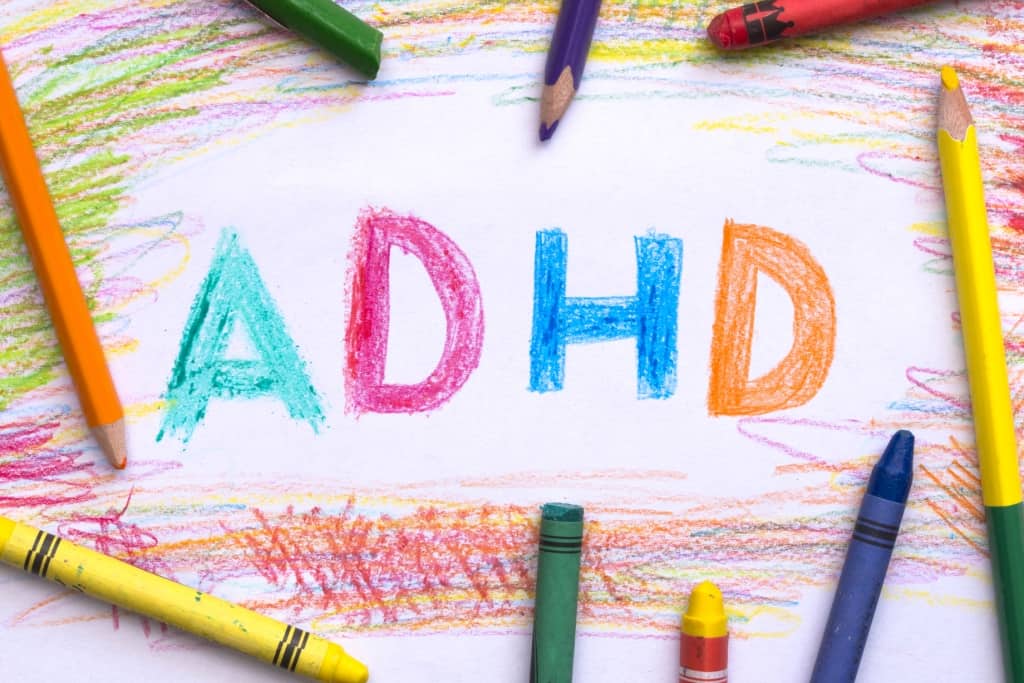Introduction
Struggling with ADHD, whether as a kid or an adult, may be difficult. They may be seen as a troublemaker by youngsters, but adults may never really get what they’re going through. Fortunately, once a person has been properly diagnosed, they may seek therapy and work on their problems.
Doctors may be ready to prescribe stimulant prescriptions such as Adderall or Ritalin, but these powerful stimulants may have serious adverse effects, including addiction. According to recent research published in Radiology, quantitative brain imaging may distinguish persons with ADHD. Brain MRI data may also be used to discriminate between ADHD subgroups. Fortunately, there are ADHD treatment options that do not include medication.
What Causes ADHD?
While scientists haven’t pinpointed a single reason for ADHD, they have been researching the underlying causes and risk factors that contribute to the problem to predict better who will get it.
The risk factors are unclear; however, genetics has been discovered to have an important influence.
Based on what scientists have learned so far, the following causes and health conditions are also involved in the development of ADHD:
- Specific environmental contaminants
- Various types of traumatic brain injuries
- Premature childbirth
- Birth weight that is too low
- Usage of alcohol, smoking, or illegal drugs while pregnancy
Treating ADHD Without Medication
If you have been diagnosed with ADHD, your physician may suggest taking stimulant medication. If you start taking the medication and see that it has negative side effects, you may want to try a more natural method.
Some folks will refuse to take that sort of medicine. Adderall, for example, is an extremely powerful medication that combines qualities with more strong illegal substances like methamphetamine (meth), making it a drug many outright reject.
Not to mention, when overused or abused, it may be incredibly addicting. The most effective therapy for ADHD is a combination of medication and behavior modification.
Natural treatments to manage ADHD
Behavioral Therapy to Treat ADHD
Behavioral treatment for ADHD is a wonderful way to assist a kid suffering from the condition.
It’s built on discipline, to teach kids better ways to behave and reward good behavior.
Omega-3 Fatty Acids for ADHD
Fish oil contains omega-3 fatty acids, which are necessary for nerve and brain cell function.
It’s particularly important for those with ADHD since their levels of vitamins may be low.
Cognitive Behavioral Therapy (CBT) for ADHD
The fundamental goal of cognitive-behavioral therapy (CBT) is to eliminate negative or unreasonable thinking patterns that interfere with getting things done and staying on task—two major hurdles for someone with ADHD. CBT combats negative ideas by assisting the person in examining the facts.
Exercise for ADHD
Exercise improves the efficiency and effectiveness of our brains, which benefits us in many aspects of our life. Impulsivity, attention, executive function, impatience, and other ADHD symptoms may benefit from short-term, aerobic exercise like yoga.
Mindfulness Meditation for ADHD
Attention/awareness training oriented at producing good emotions, reducing stress, and building self-regulation abilities is all about mindfulness meditation for ADHD. It requires calm meditation and a greater awareness of the present moment throughout regular tasks.
Sources:


Leave a Comment